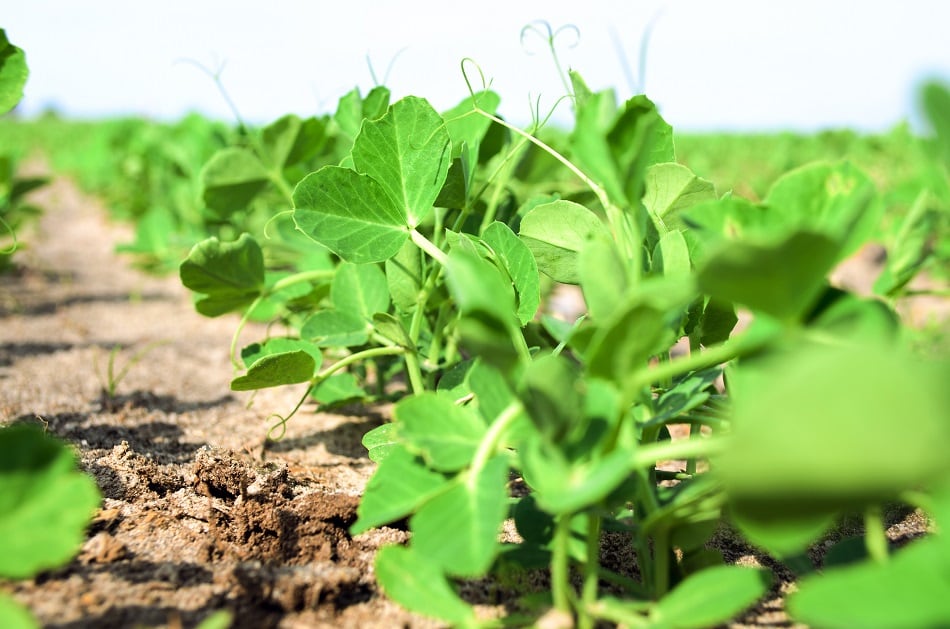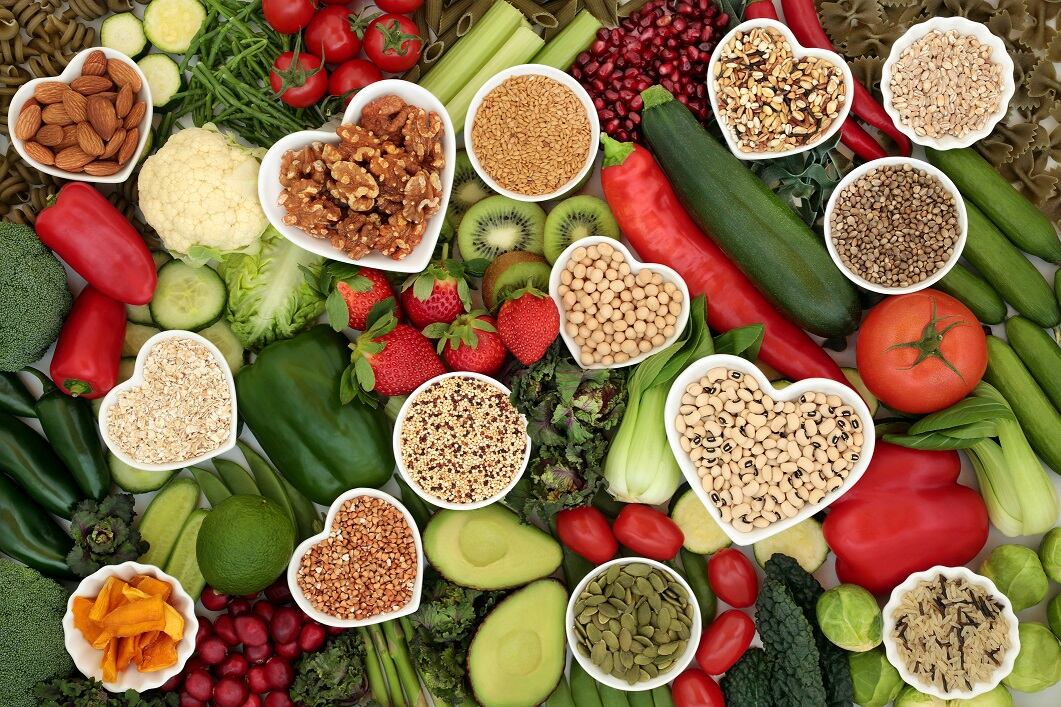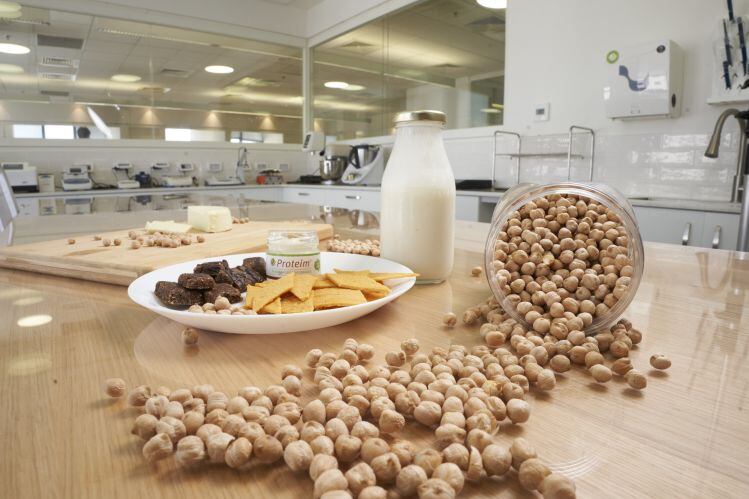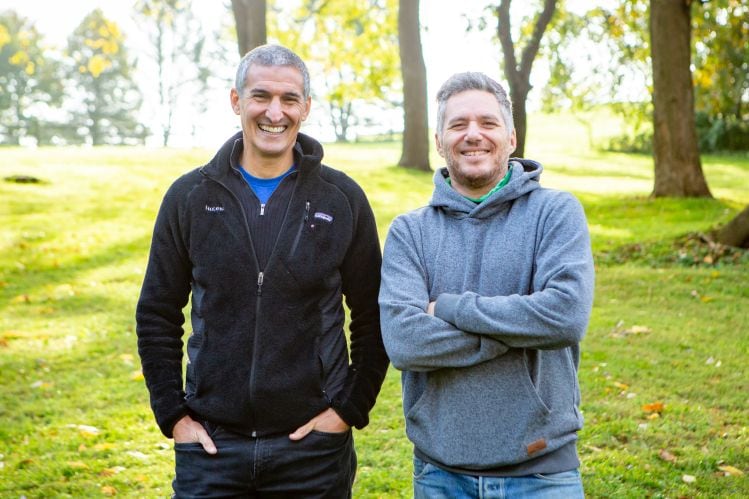LIVEKINDLY Collective, a plant-based food and media company launched last year, has acquired several plant-based foods brands (LikeMeat, Oumph!, and The Fry Family Food Co.) and has the ultimate mission of making plant-based alternatives more accessible and affordable to all consumers (with an emphasis on plant-based chicken alternatives).
LIVEKINDLY Collective also sits on PURIS Holdings' board of investors, having taken a minority stake in the company last year.

"There was a lot of likeminded-ness and vision alignment that make conversations on how we can work together come really easily," Atchison told FoodNavigator-USA.
As two companies with the similar mission of creating a more sustainable food system of nutritious and affordable plant-based foods, each knew their vision required a transformative approach focused on scaling regenerative agricultural practices.
Both companies are working on two joint ventures to execute against this shared mission: the first focused on reducing industrial waste streams and the second, focused on accelerating the shift from degenerative to regenerative agricultural practices beginning in Southern Africa, where the project will be led by LIVEKINDLY chief agricultural operations director, Mark Hassenkamp.
"PURIS has clearly succeeded in these endeavors in North America and continues to grow aggressively. [This joint venture] brings raw material security to our collective endeavor," Hassenkamp told FoodNavigator-USA.
'We’ll have raw material that will be able to go into finished products at end of 2022'
To reach that kind of global scale, said Hassenkamp, raw material production should be focused on seed to silo cost efficiencies, providing farmers with the right tools to support regenerative agriculture practices, and leveraging PURIS' unique germplasm.
And rather than chasing the same profile of consumer in the same markets, there's an even greater opportunity to create availability of plant-based foods on a much broader footprint.
"One of our biggest restraints is volume... we think that the plant-based foods space is in a unique situation where the more that we can create volume the more that we can create demand. And I think in doing that we can bring down the price point," said Hassenkamp.
According to Hassenkamp, the PURIS pea protein germplasm has been validated in a number of different bioclimates in Southern Africa.
"We have the unique situation of being able to grow the grains 12 months out of the year. We’ll have raw material (around 30,000 metric tons) that will be able to go into finished products at end of 2022," he said.
Downstream sustainability
The second joint-venture of the two plant-based food companies will be focused reducing the amount of industrial waste produced during the food manufacturing process, added Atchison.
"There’s 6 billion lbs of industrial food waste produced in food manufacturing. We need to put just as much effort into using more of the crop and not send 20% of every pea or soy bean to waste," she said, likening it to the cheese industry's former dilemma of finding a home for whey protein by product, which is now one of the most valuable commodities in the US dairy industry.
"So this joint venture will be putting focused innovation on these challenges. Specifically, [figuring out] what products can we create that will have mass consumer appeal but leverage these streams that are going unused."
Creating a virtuous cycle of plant-based food production
Following this sustainability model will take time, said Atchison, but will make reaching cost parity with animal protein more attainable.
Plant-based meat currently commands a premium price point– an 8-ounce bag of Raised & Rooted plant-based chicken nuggets costs roughly $5.99 – whereas the average wholesale and retail price for conventional chicken in 2020 stands at roughly $0.74/lb and $1.85/lb, respectively, according to The National Chicken Council.
"If we can address some of these challenges in the supply chain, we can ultimately create more value from every crop, which means there's more value to be shared and we can reduce prices overall and make plant-based foods more accessible to the population. Which in turn supports scale, which in turn supports cost reduction, which is a virtuous cycle where we can make plant-based proteins more economical than their counterparts," said Atchison.




